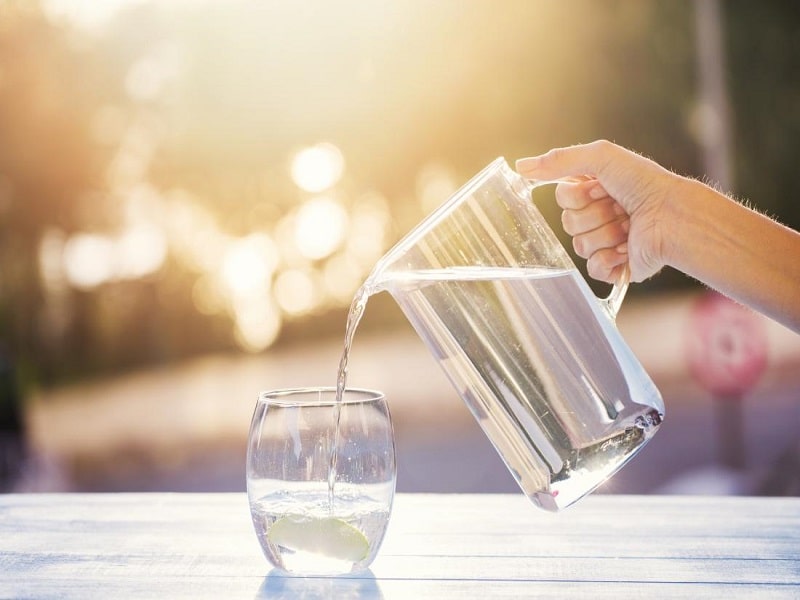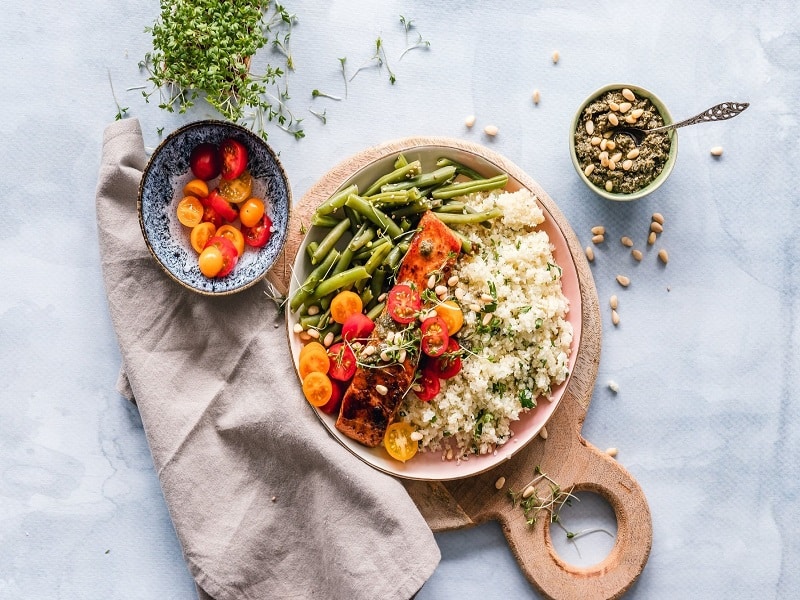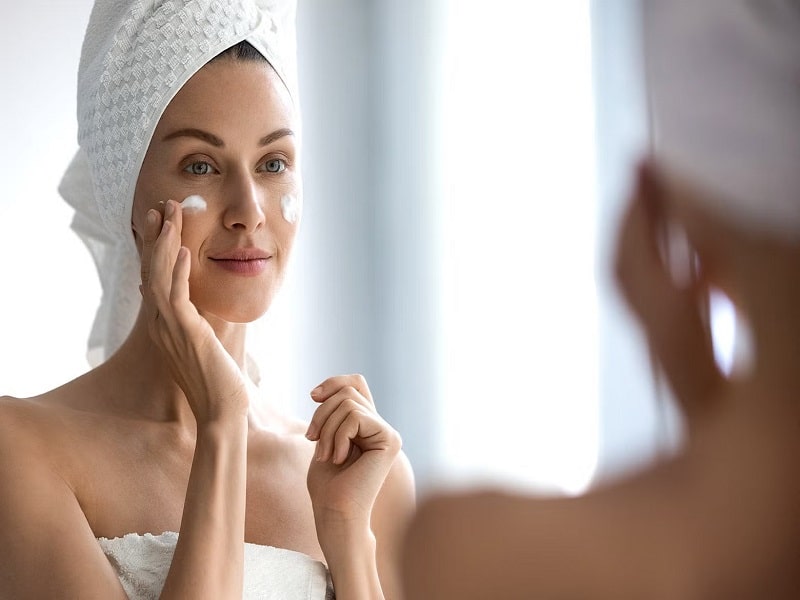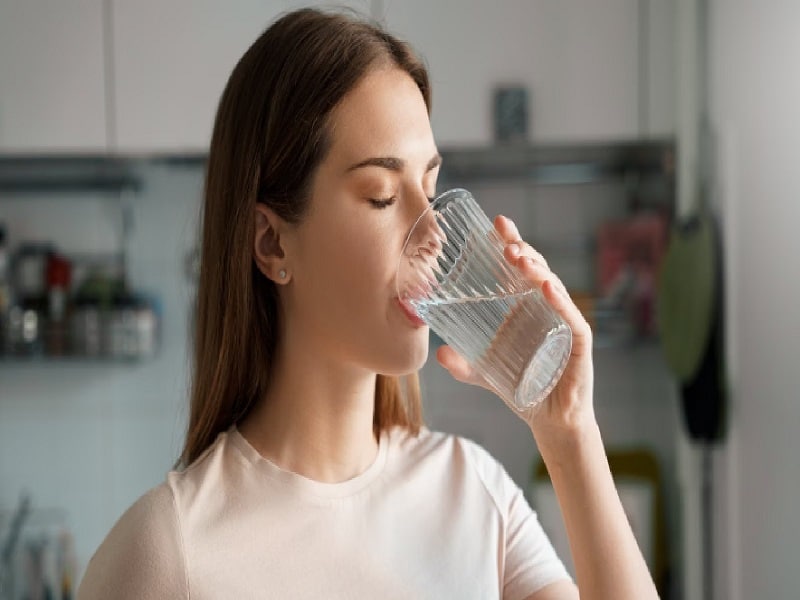Water is often hailed as a miracle solution for various health issues, including skin quality. From beauty blogs to health experts, the advice to drink more water for glowing, youthful skin is universal. But does guzzling down gallons of H2O truly lead to a radiant complexion, or is this just another myth? In this blog, we’ll dive deep into the science behind hydration and skin health to uncover the truth.
Debunking the Myth: Water and Skin Hydration
Scientific Evidence
Several studies have explored the connection between water consumption and skin health, but the results are not as clear-cut as one might hope. Research indicates that while dehydration can make the skin look dull and tired, overhydration doesn’t necessarily translate to better skin. For instance, a 2018 study published in the Journal of Clinical and Aesthetic Dermatology found no significant improvement in skin hydration among participants who increased their water intake.

External vs. Internal Hydration
The skin’s outermost layer, the stratum corneum, is primarily responsible for maintaining skin hydration. This layer can lose moisture due to environmental factors like dry weather, harsh soaps, and aging. While drinking water can help maintain general hydration levels, it’s the application of topical moisturizers that directly impacts the skin’s surface hydration. Ingredients like hyaluronic acid and glycerin in skincare products attract and retain moisture, effectively improving skin quality.
Also Read: 8 Questions to Reveal Whether You are an Alcoholic or Not
Factors That Truly Impact Skin Quality
1. Diet and Nutrition

A balanced diet with vitamins A, C, E, omega-3 fatty acids, and zinc is key for skin health. These nutrients aid in skin repair, UV protection, and collagen production. Eating fruits, vegetables, nuts, and fish can improve skin appearance and resilience.
2. Skincare Routine

A consistent skincare routine suited to your skin type is crucial. Cleansing, exfoliating, moisturizing, and sunscreen protect and hydrate the skin. Products with retinoids, niacinamide, and peptides target specific concerns, enhancing skin health.
3. Lifestyle Choices

Lifestyle choices like getting enough sleep, managing stress, and avoiding smoking and excessive alcohol are vital for good skin. Sleep aids skin repair, stress can cause inflammation and breakouts, and smoking and alcohol can dehydrate and age the skin.
Also Read: Reasons why women can’t attend funerals or cremation ceremonies
Practical Tips for Better Skin
To maintain good health, stay moderately hydrated by drinking enough water to quench your thirst, aiming for around 8 cups (2 liters) per day, but adjust based on your activity level and climate. Eat a balanced diet rich in nutrient-dense foods to support skin health, including plenty of fruits, vegetables, lean proteins, and healthy fats. Use quality skincare products suited to your skin type and specific concerns, and don’t skip moisturizer, even if your skin is oily. Protect your skin by applying sunscreen before going outdoors and reapplying as needed throughout the day. Adopt healthy habits by getting enough sleep, managing stress, and avoiding skin-damaging behaviours like smoking and excessive drinking.

While drinking water is essential for overall health, the notion that it alone can significantly improve skin quality is a myth. True skin hydration and health result from a combination of factors, including diet, skincare, and lifestyle choices. By understanding and addressing these aspects, you can achieve and maintain a glowing, healthy complexion.
Stay tuned to Plate Full of Delight for more myth-busting posts and tips on living your best life!